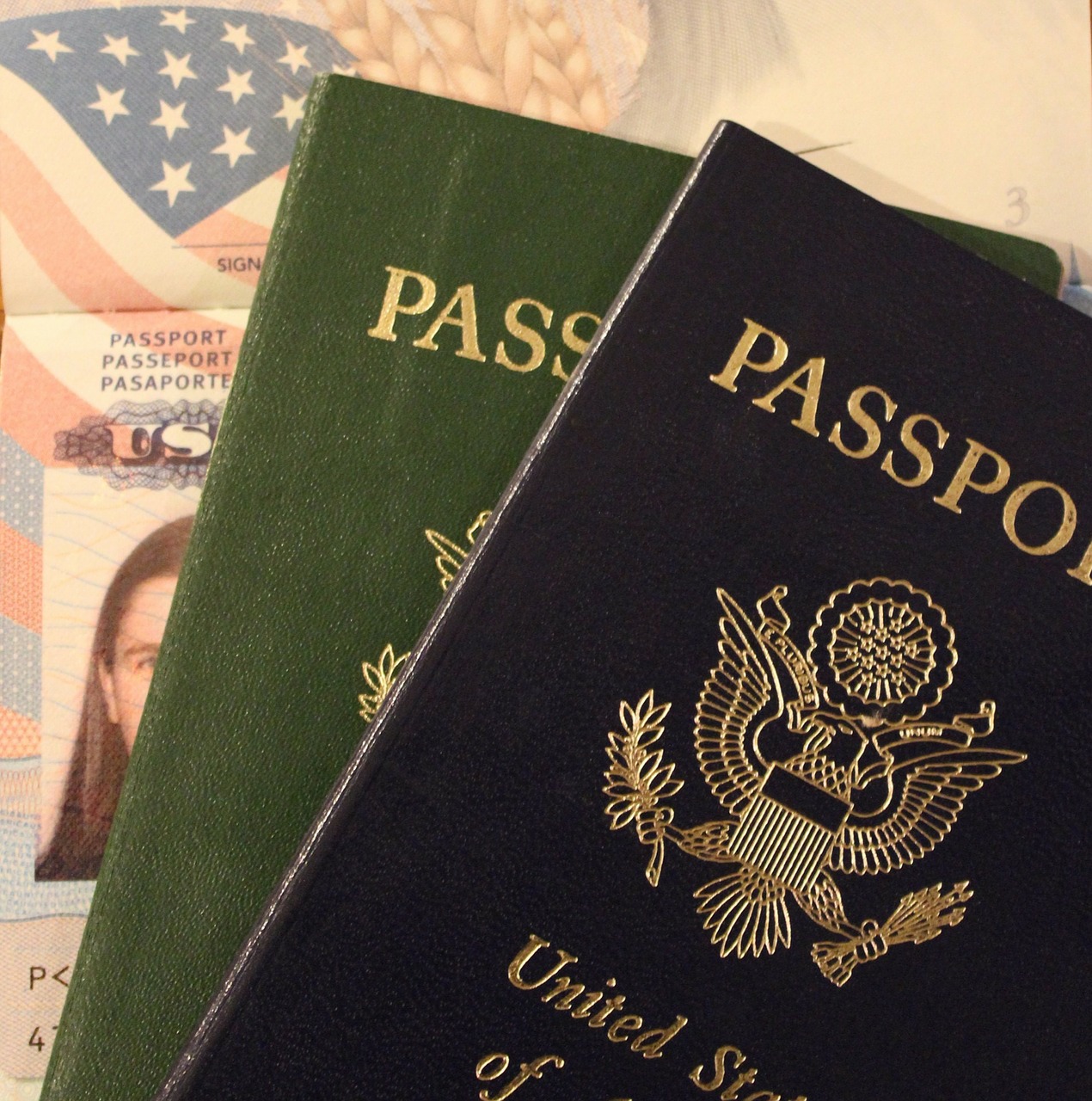Sadakat Kadri is an English barrister, a Muslim by birth and a historian. His first book, The Trial, was an extensive survey of the Western criminal judicial system, detailing more than 4,000 years of courtroom antics.
In his new book, Heaven on Earth, Kadri turns his sights east, to centuries of Shariah law. The first parts of his book describe how early Islamic scholars codified — and then modified — the code that would govern how people lead their daily lives. Kadri then turns to the modern day, reflecting on the lawmakers who are trying to prohibit Shariah law in a dozen states, as well as his encounters with scholars and imams in India, Pakistan, Syria, Egypt, Turkey and Iran — the very people who strictly interpret the religious and moral code of Islam today. And some of those modern interpretations, he says, are much more rigid — and much more draconian — than the code set forth during the early years of Islamic law.
Islamic law is shaped by hadiths, or reports about what Prophet Muhammad said and did. The hadiths, says Kadri, govern how Muslims should pray, treat criminals and create medications, among other things.






